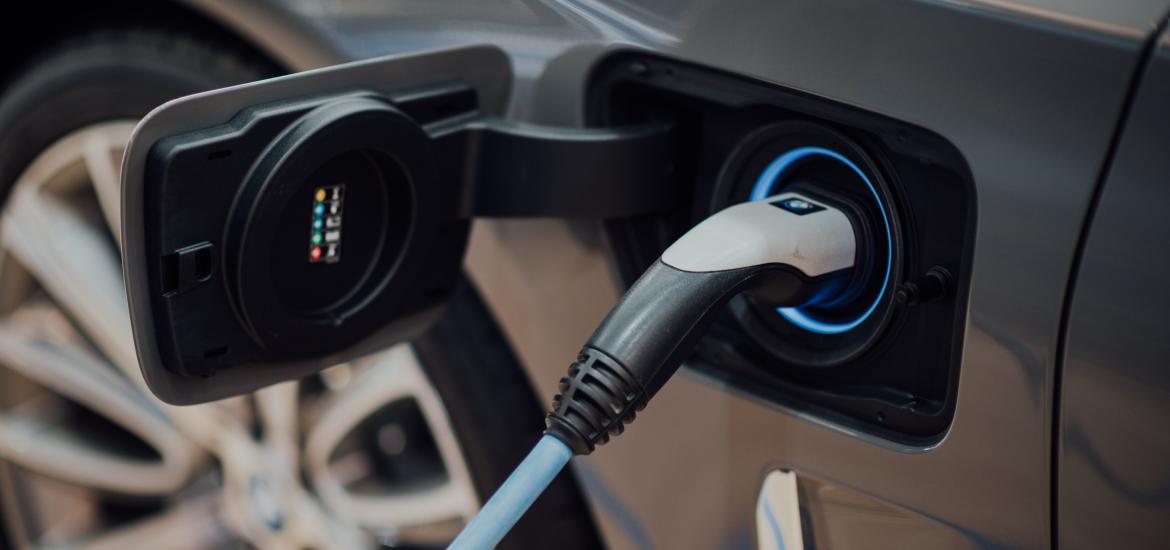
Cell therapy groups double down on speedy manufacturing
Novartis and Gracell place further bets on shortened production times, with Bristol waiting in the wings.
Novartis and Gracell place further bets on shortened production times, with Bristol waiting in the wings.

Whatever doubts remain about the need for fast cell therapy manufacturing at a time when the sector’s biggest problem is still capacity constraints, Novartis and Gracell just made two more bets that shortening production time was the way to go in Car-T therapy.
Novartis this week struck a deal with Legend Biotech, paying $100m up front for rights to the DLL3-directed project LB2102, which the Swiss firm says it might take forward with its T-Charge production technology. Gracell, meanwhile, redoubled efforts to develop its Fastcar-T system, stepping back from GC007g, a stem cell donor-derived CD19-targeted Car that uses traditional manufacturing.
Along with the drift away from current production methods, Gracell said its pipeline reprioritisation would see a focus on “differentiated” projects. That mainly means GC012F, an anti-BCMA x CD19 bispecific Car that uses Fastcar-T, said to cut the cells’ manufacturing time from a few weeks to two days, in relapsed refractory and front-line maintenance multiple myeloma, and lupus.
Identical concepts
The Fastcar-T concept is virtually identical to Novartis’s T-Charge, employing concurrent activation and transduction, and in vivo cell expansion, though after the two-day production it takes a further period of time before the cells are purified, frozen and released for reinfusion.
Meanwhile, Novartis uses T-Charge in rapcabtagene autoleucel, an anti-CD19 Car-T project, and PHE885, which hits BCMA. This system will likely now be applied to Legend’s LB2102; under this week’s deal Legend will finish an ongoing phase 1 US trial for this anti-DLL3 Car, before Novartis takes over and conducts further development.
Notably DLL3 is enjoying something of a resurgence as a target, after initial setbacks. And speaking at yesterday’s Jefferies London healthcare conference, Legend pointed out that it had already signed up Novartis as a partner to manufacture Carvykti at Novartis’s New Jersey plant, though the LB2102 deal was done separately with the Swiss firm’s global R&D division.
Still, the Carvykti tie-up points to what is currently cell therapy’s biggest bottleneck: insufficient production capacity. Legend and its partner Johnson & Johnson lack capacity to meet Carvykti demand, necessitating major expansion to current facilities and the signing up of partners, like Novartis, for extra supply.
Elephant
And this points to the elephant in the room: once a patient is deemed a candidate for Car-T therapy it then takes weeks before a slot can be booked for their cells to be manufactured, meaning that patients still have to wait weeks or months before they actually receive therapy.
This shortcoming was laid bare in Novartis’s trial of rapcabtagene, in which some patients were kept waiting for so long – six months for one – that they had to be bridged with chemo. And at last year’s ASH meeting vein-to-vein time – the time taken from apheresis to cell reinfusion – was said to be “similar” to the industry norm for autologous Car-T therapies, implying two to six weeks.
With the cell therapy sector facing such massive issues the ability of Novartis and Gracell to shave a week or two off manufacturing time seems paltry.
It’s important also to mention a third player in the fast manufacturing space, namely Bristol Myers Squibb, which is applying a system it calls Nex-T to BMS-986354 and BMS-986353, which are Cars versus BCMA and CD19 respectively. Relatively little is known about Nex-T, which Bristol has said involves “minimal” ex vivo expansion and gives a manufacturing time of some five days.
Cell therapy clearly still has numerous problems to overcome, so the bull case must be that capacity shortages are temporary. Once Novartis, Legend and others catch up to patient demand the key issue will be how to get Car-T therapy to a patient even faster.
The fast-manufactured Car-T players
| Company | Manufacturing process | Project | Trials |
|---|---|---|---|
| Novartis | T-Charge | Rapcabtagene autoleucel (CD19) | Lymphoma & lupus |
| PHE885 (BCMA) | Multiple myeloma | ||
| LB2101 (DLL3) | Liver cancer (uses traditional manufacturing) | ||
| IMJ995 (CD19 x CD22) | Leukaemia trial withdrawn | ||
| Gracell | Fastcar-T | GC012F (BCMA x CD19) | Multiple myeloma & lupus |
| Bristol Myers Squibb | Nex-T | BMS-986354 (BCMA) | Multiple myeloma |
| BMS-986353 (CD19) | Lymphoma & lupus |
Source: OncologyPipeline.
1224













